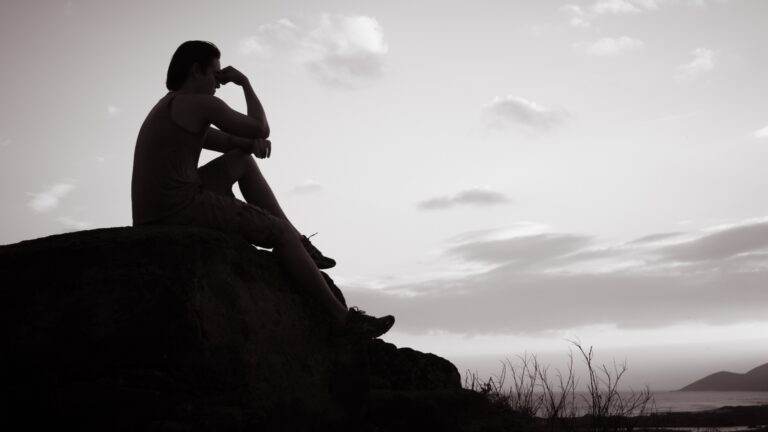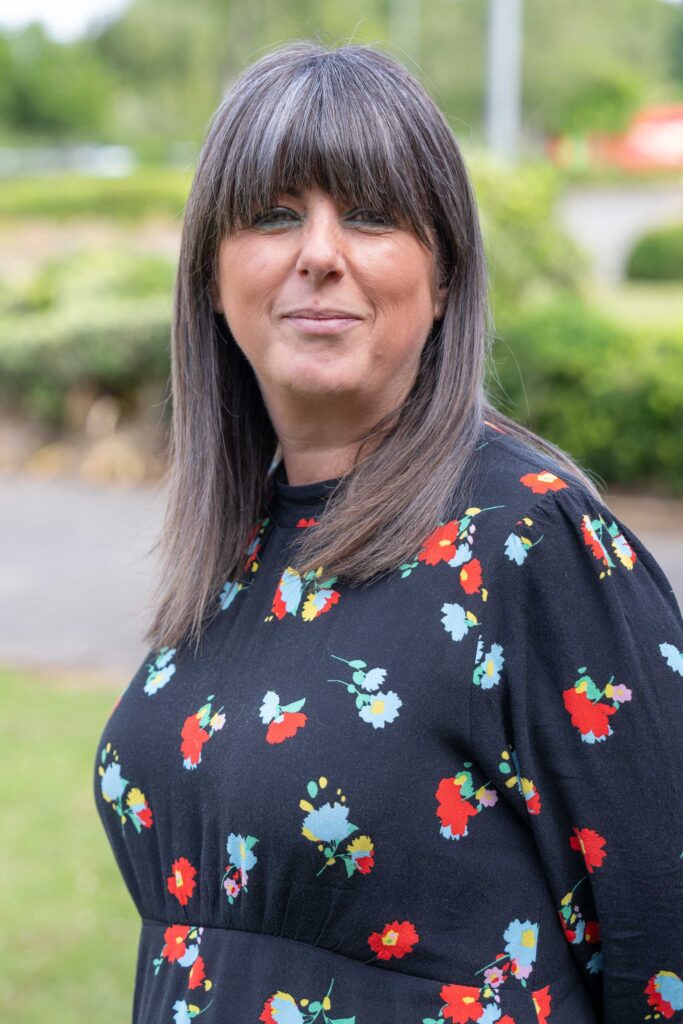Loneliness within the Criminal Justice System

At an upcoming Insights event, Sarah McKnight, Deputy Director for Employment, Skills and Education in HMPPS and Marie-Elise Howells, Deputy Director for Volunteering and Tackling Loneliness at the Department for Culture Media and Sport (DCMS), will talk us through why it is very important that we consider how loneliness and its negative effects may be exacerbated for people serving time in prison or on community sentences.

Sarah McKnight
Deputy Director, Employment, Skills and Education Services,
HMPPS

Marie-Elise Howells
Deputy Director, Volunteering and Tackling Loneliness,
DCMS
Loneliness can affect us all, at any time of our lives and can have a negative impact on our individual wellbeing. Annual data shows that 7% of adults in England say they are often or always lonely. Loneliness is a profound issue within the Criminal Justice System affecting both people in prison or on probation and their families.
Join Sarah McKnight, Deputy Director at HMPPS and Marie-Elise Howells, Deputy Director for Volunteering and Tackling Loneliness at the Department of Culture, Media & Sport together with an expert panel of academic, justice and voluntary sector leads. The panel will explore how HMPPS and others can work with those involved in the justice system to better understand and recognise persistent loneliness, and how this can support individuals.
What drives loneliness? While everyone is different, we know that certain groups are more likely to experience loneliness. We also know that certain life events and transitions can trigger problematic loneliness for many people. This includes:
- Having a weak social network
- Experiencing mental or physical health problems or disability
- Experiencing loneliness at a young age seems to increase risk of ongoing loneliness
- Being unemployed, in rented accommodation, receiving a lower income or lacking trust in your community
Wider environmental conditions such as cultural attitudes also play an important role. For example, there is some evidence that members of some marginalised groups are more likely to feel lonely.
Loneliness in the Criminal Justice System
The prevalence of loneliness amongst people in HMPPS care is likely to be exacerbated through factors such as inequality, 52% of prisoners also report suffering from at least one mental health condition and approximately 31% of prisoners are not receiving visits from family and friends* for a variety of reasons. Whilst loneliness is not about “being alone,” such isolating factors cannot be positive or support wellbeing.
This is why we are committed in HMPPS to address loneliness, raising awareness and ensuring that everyone can make a difference. Relational Practice which prioritises relationships and human interaction is a key ingredient to achieving this. We believe every contact with an individual matters, must be effective and can go some way to relieving an individual’s feelings of loneliness.
Join us on 2 April 2025 to hear more about loneliness in HMPPS, how intersectionality affects our population and how we can all make a positive difference through our interactions with others.
*newbridgefoundation.org.uk
